Beautiful and practical: when clothes adapt to loss of independence
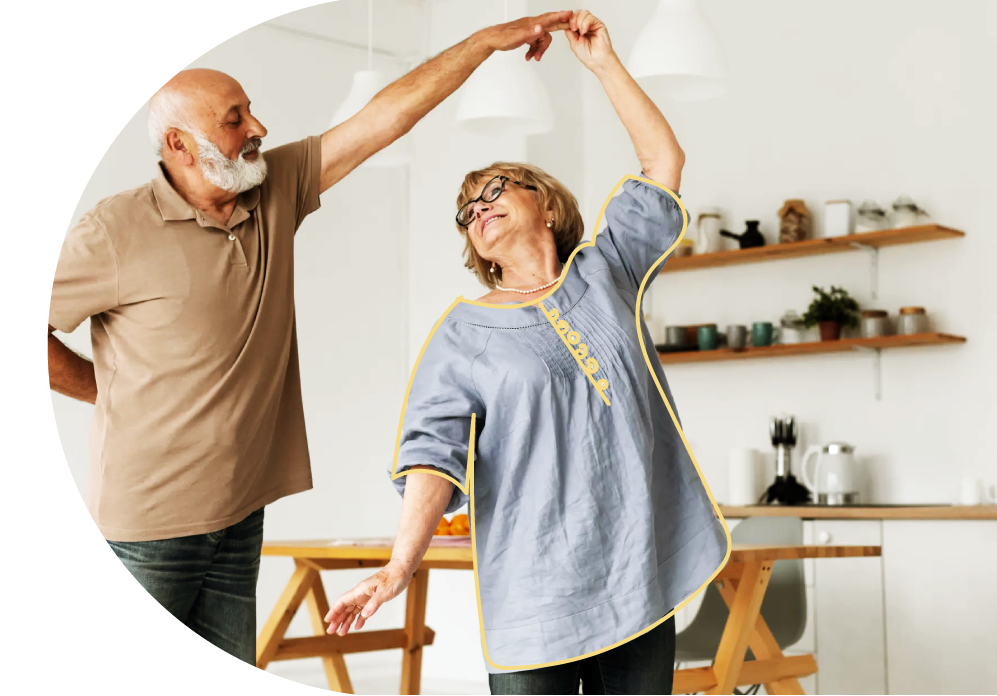
When you lose your independence or live with a disability, getting dressed can quickly become complicated. Yet, it’s an essential part of everyday life, also to maintain one’s identity and self-esteem. In recent years, specialist brands have emerged, offering ranges of ergonomic clothing that is easy to put on and compatible with a wheelchair or […]
DigiTrein invites to embark digitalisation

Coming to an end in 2023, the Digitrein project is aimed to strengthen the digital inclusion and autonomy of older people in Brussels (Belgium). Technology may simplify many things, but many older people not been keen on using digital technologies to carry everyday tasks, often because of lack of skills or self-confidence. In that context, […]
Mobile supermarkets supply remote populations in Japan
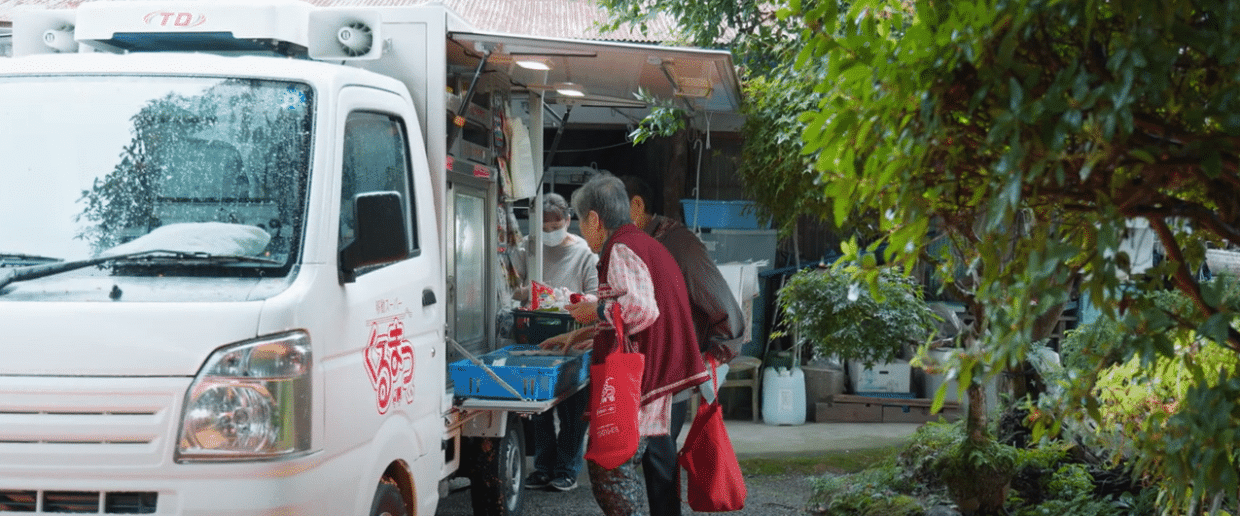
An estimated 7 million people are “retail deprived” in Japan. Throughout the country, mobile supermarkets have been developed to offer a large range of products, from daily produces, snacks, health supplies and batteries in remote, underpopulated areas. This primary service can be a lifesaver for many older people with reduced mobility who are not able […]
Age-friendly airports in Ireland
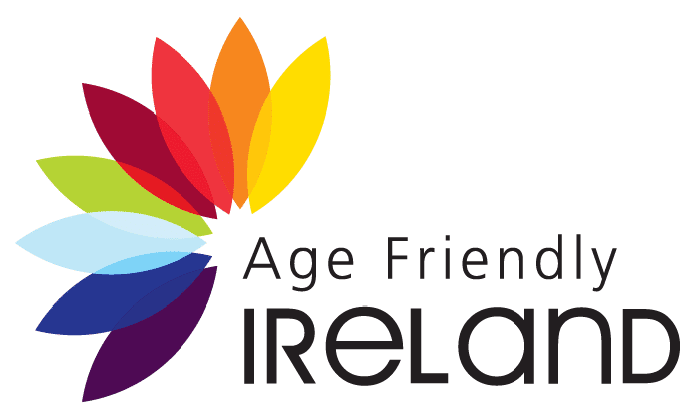
The Age Friendly Airport Project was set up following a wider consultation process launched in 2015-2016 in view of developing of age-friendly strategies in Ireland. As part of this project, Age-friendly Ireland set up a consortium for the drafting of guidelines for an age-friendly airport that was presented to the World Health Organization (WHO). Both […]
Intergenerational mobility device wins French age-friendly cities award

E-Hé has developped, with the support of the French city of Toulouse, an intergenerational multi-functional tool to facilitate mobility for all. The ambition behind this project is to change the way people look at things and fight against stigmatisation and ageism. “Imagine that you have put a pushchair, a walker and a shopping trolley together, […]
Old tyres Rubber pavements to prevent falls under test in Sweden

In the Swedish cities of Lund and Helsingborg, an EU-funded trial has started on a new environment-friendly rubber material made from recycled tyres that could be used to prevent injuries to cyclists and pedestrians. If all goes well their new material could become common throughout Europe within the next five years. “Thousands of lives could […]
The Magical Bridge: a playground for everyone, no matter your age or ability

In Palo Alto, California, when Olenka Villarreal couldn’t find a playground for her daughter, who was born with disabilities, she was asked to design one. The Magical Bridge Playground opened in 2015 as the most accessible playground in the country, specially adapted to all abilities and all ages. It attracts around 25,000 visitors each month. […]
MonToulouse Senior card supports mobility, health and social & cultural participation of older residents

The Municipality of Toulouse developed the MonToulouse Senior card as part of its Mob4seniors project to boost the number of seniors taking part in municipal activities. The intelligent personalised card offers senior citizens in Toulouse (and its surrounding rural areas) free or discounted access to a broad range of cultural, leisure, digital and sports activities, […]
Home Refurbishment Programme in Barcelona
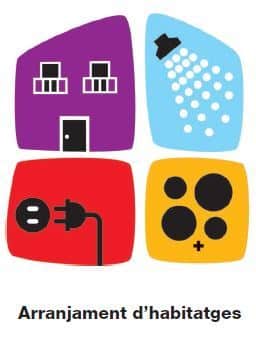
The purpose of the Habitat Arrangement Programme is to support older people’s independent living at home and delay the need for institutionalisation. Developed in collaboration with the local authorities in the Barcelona province area, the programme provides supports to localities for carrying out refurbishment work in the homes of the most vulnerable older people, so […]
Accessible Cities in the EU
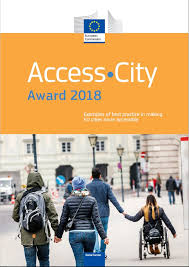
Every year the European Commission rewards Cities of over 50 000 inhabitants which work to become more accessible to their citizens. The Access City Awards recognise and celebrate the willingness, ability and efforts of European cities to become more accessible, in order to guarantee equal access to fundamental rights; improve the quality of life of […]
‘Viktor’ facilitate access to digital services in daily life
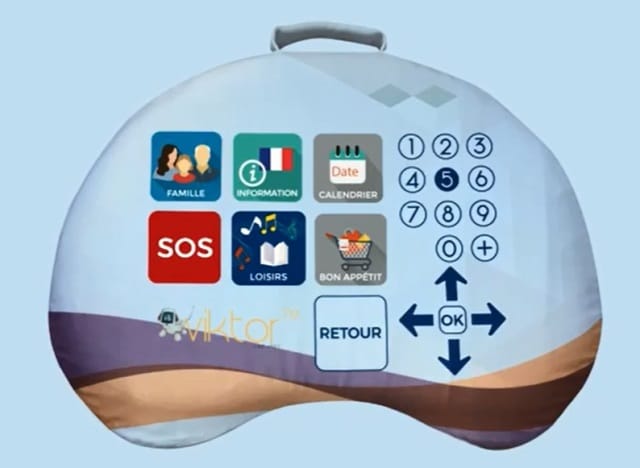
Viktor is a connected cushion aimed to assist dependent persons in their daily lives and help them keep in contact with their families and friends. It acts like a digital remote control panel, related to the television screen via Bluetooth. Very user-friendly, the cushion offers a variety of services: its manages the appointments, makes dishes, […]
Belgian city offers free home administrative service to 75+ inhabitants
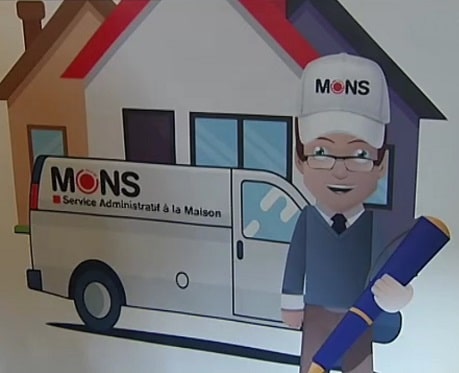
The city of Mons in Belgium has launched a new project of administrative service at home offered to the inhabitants aged 75 and over and to persons with reduced mobility. The service, funded under the urban policy programme of the Walloon Region, is free of charge and can be requested through a phone call to […]
Elderlinked: a Belgian digital platform to support independent living at home

Elderlinked is a digital tool founded by two young entrepreneurs to bring assistance to older persons in their everyday life at home, namely with medicine intake, activity reminder, nurses’ assistance, family interactions, etc. The cloud infrastructure facilitates exchanges and follow-up between older persons and their family, their carers and Elderlinked assistance partners. The website of […]
Travelability promotes accessible tourism in Italy

Age is no obstacle for traveling! This is Travelability‘s slogan, a new tourist formula born in Italy to ensure that all those who have special needs and want to travel with confidence, can do so. Tourism excellence and specialists of personal services set up a partnership to allow everyone to enjoy the holiday they have […]
Amara platform provides free subtitles for more accessible videos
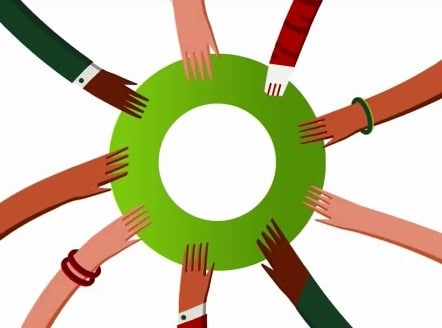
The Participatory Culture Foundation (PCF), a member of the Prosperity4All project along with AGE, developed a free open source platform for captions and subtitling. This new service named Amara aims at greater accessibility for videos. The Amara platform gathers a community of people that is invited to participate in captioning and translating community projects. It […]
New French label for ‘senior-friendly’ products
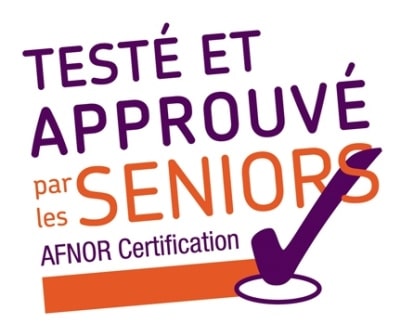
A new logo ‘Testé et approuvé par les Seniors’ (Tested and approved by seniors) has been created in France by AFNOR Certification to help identify user-friendly products that are designed to be used by everyone including people aged over 60. Tests are carried out in a real-life situation by a panel of older consumers (60+) […]
UK airport launches first dementia-friendly training programme

Heathrow Airport partners with the UK organization Alzheimer’s Society to provide better assistance to travelers with dementia. The UK airport has launched a programme to train its staff on how to help travelers suffering from cognitive decline. This will also include the 1050 members of the airport’s ‘Special assistance’ team. Thanks to this unique and […]
‘Mijn Huis Op Maat’ helps older people adapt their home to live more independently
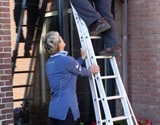
The Dutch initiative ‘Mijn Huis Op Maat’ offers a practical tool for awareness and information for older people on what improvements are possible in their own homes in order to leave independently for as long as they want. It is used by over 50 local authorities in the Netherlands and is meant to support local […]



